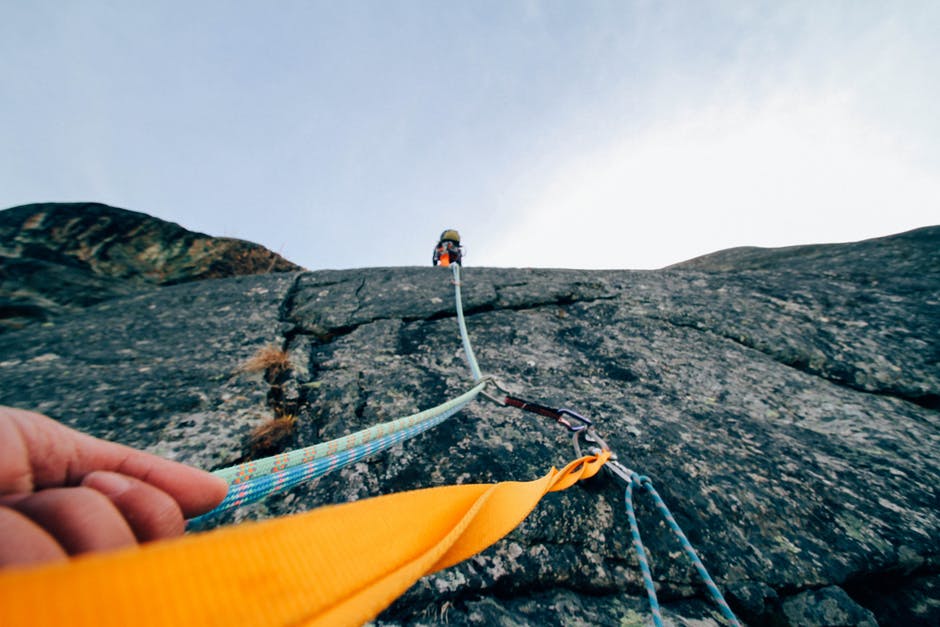Keep your best climbs: Three reasons to keep a climbing journal

Most of us mountain people crave adventure. Sometimes that’s just spending the day at the local crag. Sometimes it’s taking a week long adventure deep into the mountains in search of a summit. If you want to remember your best and learn from your worst experiences, you should keep a climbing journal.
Sure, maybe you’re just a now and then climber who doesn’t spend much time on rocks. Chances are that you’re serious about what you do and have your fair share of goals, plans, and projects for future climbing.

There are more reasons to track your climbs than you’d think. Beyond just remembering the experience, you can record important beta and local secrets you discovered. However, it’s not all leisurely fun. If you think it would be fun to become a guide some day, a climbing journal is an important part of the entry process. Still not sold? Here are three good reasons to keep your own climbing journal.
Keep track of route-finding and beta
One of the biggest adventures inherent to all rock climbing is finding your way. Somewhere in between taking the right trail and following the correct crack, it’s not hard to get lost.

Which parking lot to use, where to stop for each belay station, and what length of rope you need in order to safely rappel are all great details to keep track of. I couldn’t tell you how many times I’ve been misled by a guidebook and recorded my own notes to keep me on track for next time. Some of my favorite details to record are not even about the climb. The most useful tips I give myself are often where to park, where to camp, and where to find things like water, wifi, and showers.
Ever thought of becoming a guide?
They’re going to ask you to keep a record of your best climbs and hardest leads. Obviously, it’s important that a climbing guide has tackled some sizable challenges and knows what they’re doing.

Think of it like a resume for rock climbing. If you want to ever make a profession out of it, you’re going to need this stuff written down. And there are all sorts of professions to make out of rock climbing. You don’t need to be Alex Honnold to make it in this sport. There are endless jobs in the mountains including guiding, preserving, photographing, exploring, and more.
Set and achieve big goals

Probably the biggest reason to record your climbs though is for yourself. It’s incredibly motivating to see a list of all the climbs you completed this season, stacked up next to each other. Chances are you will be able to watch the grades of your climbs increase. Some of the biggest accomplishments of your life might be recorded in those pages.
Keeping track of your progress is one of the best ways to motivate yourself to set big goals. If you were climbing one line but looking at another, harder one, write it down! Put words to your intentions and start imagining what it would take to get to that level.
I’ve set climbing goals small and large in my journal. Some, I’ve already ticked off, others I’m still working towards. Only one thing’s for certain though. You won’t achieve goals you never set.
If you have any comments then please drop us a message on our Outdoor Revival Facebook page.
If you have a good story to tell or blog let us know about it on our FB page. We’re also happy for article or review submissions. We’d love to hear from you.
We live in a beautiful world, get out there and enjoy it. Outdoor Revival – Reconnecting us all with the Outdoors.
